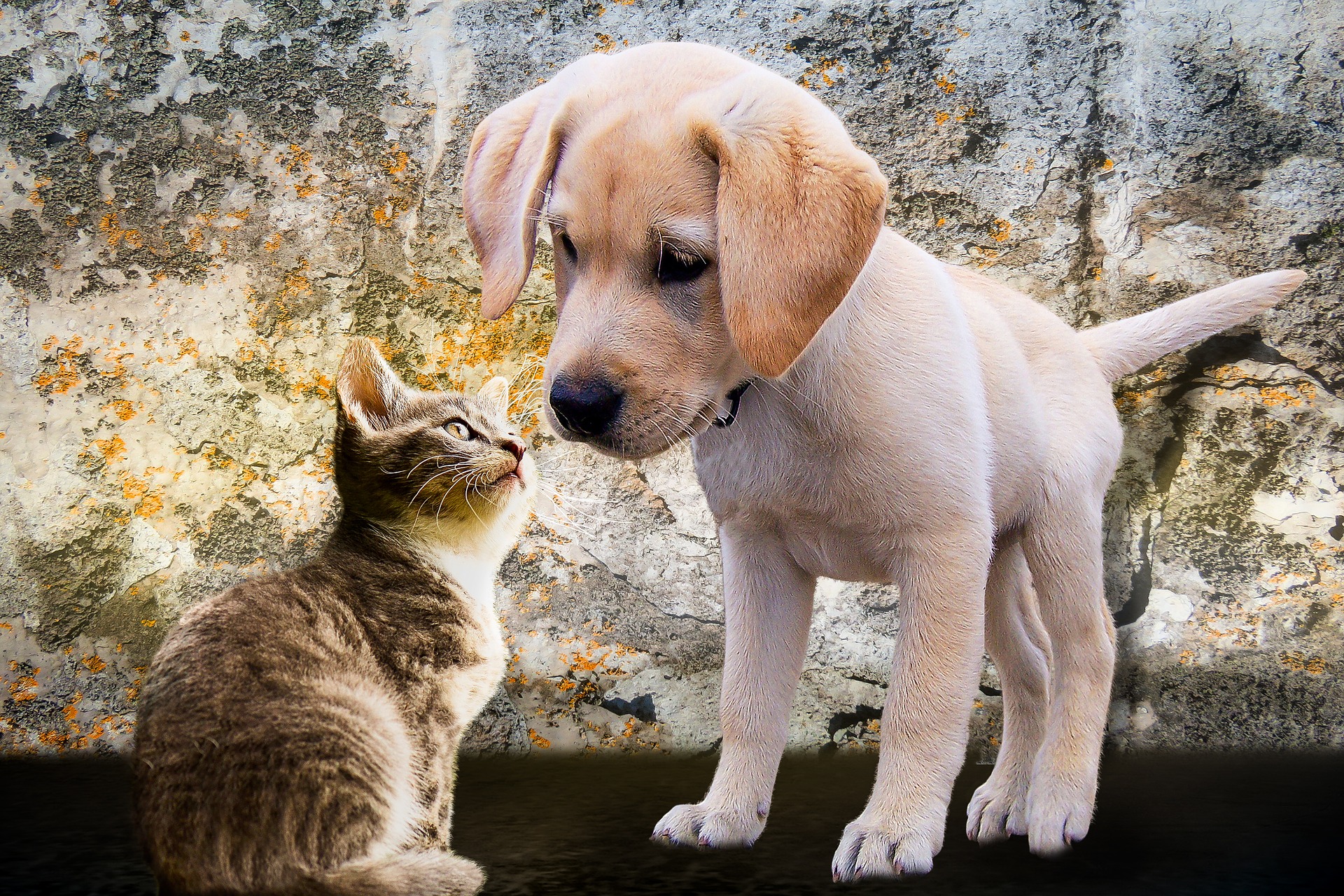Vaccines are an essential part of a dog’s healthcare routine. Regular vaccinations can protect against serious diseases, maintain overall health, prevent the spread of disease, protect public health, and save money in the long run. So, make sure to schedule regular check-ups and vaccination appointments with your veterinarian to ensure that your dog remains healthy and protected. Here are some reasons why vaccines are important for dogs:
- Protect against serious diseases: Vaccines can protect dogs from diseases like rabies, which is almost always fatal, and parvovirus, which can cause severe diarrhea, vomiting, and dehydration. These diseases can spread quickly from dog to dog and can be difficult to treat, making prevention through vaccines essential.
- Maintain overall health: Regular vaccinations can help maintain a dog’s overall health and well-being by reducing the risk of disease. They can also help boost the immune system, keeping your pet healthy and protected against future health problems.
- Prevent spread of disease: Dogs that are vaccinated not only protect themselves but also help prevent the spread of diseases to other dogs. This is especially important in areas where there are high populations of dogs, such as kennels, dog parks, and groomers.
- Protect public health: Some diseases, like rabies, can be transmitted from dogs to humans, making it crucial to protect both human and animal populations through vaccination.
- Save money: Treating a disease like parvovirus can be costly, with treatments running into thousands of dollars. Vaccination, on the other hand, is a relatively inexpensive way to protect your pet from these diseases.

Dog diseases preventable by vaccination:
- Distemper: Distemper is a highly contagious and life-threatening viral disease that affects the respiratory, gastrointestinal, and nervous systems of dogs. Puppies should receive their first distemper vaccine at 6-8 weeks of age, followed by boosters at 3-4 week intervals until they are 14 weeks old.
- Parvovirus: Parvovirus is another highly contagious viral disease that causes severe diarrhea, vomiting, and dehydration in puppies. Puppies should receive their first parvovirus vaccine at 6-8 weeks of age, followed by boosters at 3-4 week intervals until they are 16 weeks old.
- Leptospirosis: Leptospirosis is a bacterial disease that can be transmitted through contaminated water or soil and can cause liver and kidney failure in dogs. People can also get leptospirosis from the contaminated urine of their infected pet. Puppies should receive their first leptospirosis vaccine at 10-14 weeks of age, followed by a booster one year later.
- Canine Influenza (dog flu): Just like people dogs can be infected by canine influenza virus which causes signs coughing, sneezing, fever and can lead to pneumonia. Canine influenza is highly contagious and we recommend this vaccine to all the pets going for grooming and/or boarding. Puppies should receive their first influenza vaccine at 10-14 weeks of age, followed by a booster in 3-4 weeks and then yearly booster.
- Bordetella: This is a bacterial infection that is preventable via vaccine. The most common form of Bordetella infection in dogs is kennel cough, which is a highly contagious condition that spreads easily from dog to dog in close quarters, such as kennels, grooming facilities, and doggy daycare centers. In cats, Bordetella infection can cause respiratory symptoms similar to those seen in dogs, including coughing, sneezing, and nasal discharge. Bordetella vaccine can be given at 8-10 weeks of age, followed by a booster in 3-4 weeks and then yearly booster.
- Snake bites: At Harmony Pet Clinic we do offer vaccination against rattle snake bites. If you live on a larger property or if your dogs spend lot’s of time outdoors playing, we strongly recommend this vaccine. Although this vaccine does not prevent the snake bites but it significantly decreases symptoms and increases the chances of survival after the snake bite.

Cat diseases preventable by vaccination:
The FVRCP vaccine provides protection against three of following diseases, helping to ensure the health and wellbeing of your feline friend. The vaccine is usually given in a series of two to three initial doses, followed by annual boosters. The timing and frequency of the vaccine may vary depending on a number of factors, such as the cat’s age, health, and lifestyle.
- Feline viral rhinotracheitis (FVR) is a highly contagious respiratory infection caused by the feline herpesvirus type 1 (FHV-1). The symptoms of FVR include nasal discharge, sneezing, conjunctivitis, and fever. In severe cases, the virus can cause ulcers on the cornea and even lead to blindness. FVR is particularly dangerous for kittens and older cats, as their immune systems are less able to fight off the virus.
- Feline calicivirus (C) is another respiratory infection that affects cats. This virus is highly contagious and can cause a range of symptoms including oral ulcers, lameness, joint swelling, and fever. In severe cases, the virus can cause pneumonia, which can be fatal for kittens and older cats.
- Feline panleukopenia (P), also known as feline distemper, is a highly contagious and potentially fatal viral illness. The virus attacks the rapidly dividing cells in the body, including those in the bone marrow, gut, and lymphatic system. Symptoms of panleukopenia include vomiting, diarrhea, dehydration, and a reduced white blood cell count.
- Feline leukemia virus (FeLV) is a highly contagious and potentially fatal virus that infects cats. The virus attacks the immune system and can cause a range of serious health problems, including anemia, cancer, and a weakened immune system that leaves the cat susceptible to other infections. The feline leukemia vaccine is designed to protect cats against this virus. It is usually given as a series of two initial doses followed by annual boosters. The vaccine is most appropriate for cats who are at increased risk of exposure to the virus, such as outdoor cats, cats who live with infected cats, and cats who frequently socialize with other cats in group settings.
Rabies: Rabies is a virus that is transmitted through the bite of an infected animal and is almost always fatal. Rabies vaccines are required by law, and puppies/kittens should receive their first rabies vaccine at 12-16 weeks of age, followed by a booster one year later, and then as required by law.
It is important to note that all pets are different, and the vaccine schedule may vary depending on the individual pet’s health, lifestyle, and environment. Our veterinarian will be able to provide personalized advice and guidance on the best vaccine schedule for your pet. Vaccinating your pet is an essential step in ensuring their health and well-being. By following the recommended vaccine schedule, you can help protect your furry friend from serious and life-threatening diseases.
